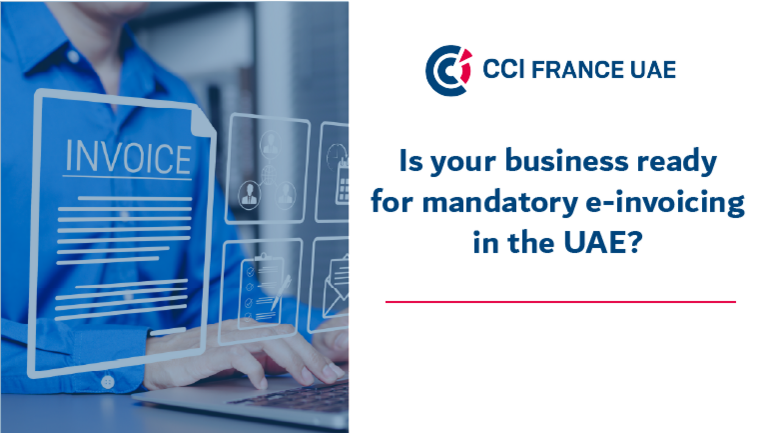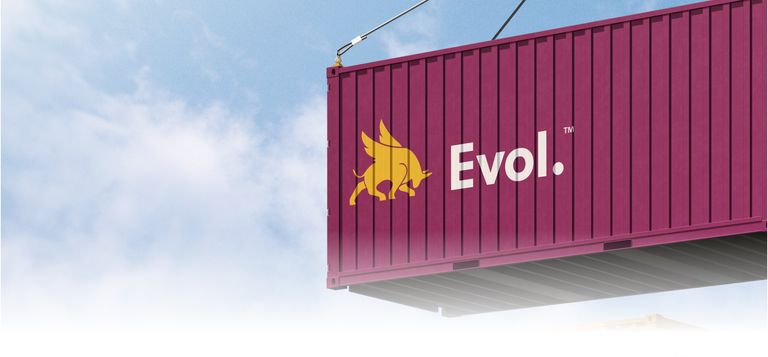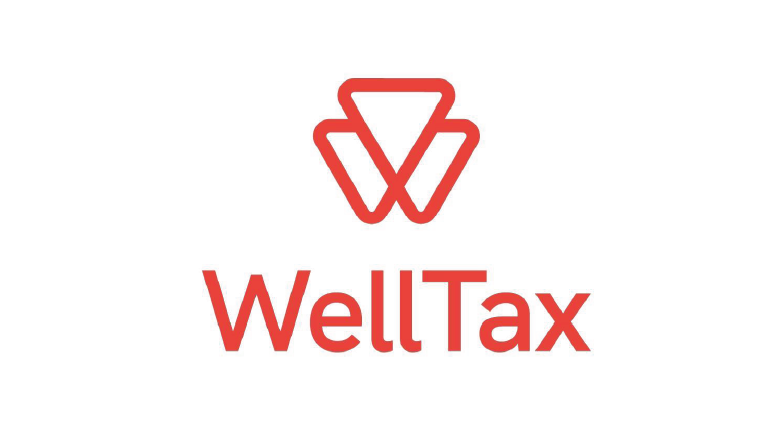Actualités • Membres
Natural Resources and Energy Transition

Energy audits, data analysis and adopting global best practices are first steps business can take to reach net zero emission goals, experts say.
As businesses transition to a low carbon economy, new technologies can help to make energy systems more efficient and less environmentally impactful.
As part of HSBC’s Living Business MENAT 2021 Roundtable series, industry leaders and experts discussed how companies can transform their energy systems and reach net zero emissions over the next three decades.
Natural resources and energy transition are of great importance for HSBC, our customers, regulators and our wider stakeholders worldwide.
Diako Makhmalbaf|Senior Manager and Sustainable Finance Lead for the Middle East, North Africa and Turkey at HSBC
HSBC leading structural change
Despite pledges by governments to tackle environmental issues, global carbon dioxide emissions from energy and industries have increased by 60 percent in almost 30 years.
Worryingly, they have continued to rise despite the economic contraction triggered by the recent pandemic.
“What this tells us is that climate change is actually a structural problem, and we will need to adopt an entirely new way of running our modern economies if we are going to mitigate the impacts in the future,” Makhmalbaf adds.
Last October, HSBC set out an ambitious plan to prioritise financing and investment that supports the transition to a net zero global economy, in line with the goals of the Paris Agreement.
HSBC intends to provide between USD750 billion and USD1 trillion of finance and investment by 2030 to help its customers switch to more sustainable ways of doing business.
In the region, sustainable initiatives include the phasing out of unabated coal and oil power plants, making electricity the core of new energy systems and replacing fossil fuels with hydrogen.
As a part of its net positive commitment, Majid Al Futtaim last year decreased its carbon footprint by 9.2 percent and slashed its water usage by 17.5 percent. 1
Start with an energy audit
Yellow Door Energy, a leading sustainable energy provider for businesses in the Middle East, closed last year with AED150 million (USD41 million) worth of new projects in the region, including the UAE, Jordan, Pakistan, Saudi Arabia and Bahrain.
“What is most important for companies is to proceed with an energy audit and try to understand what the best technology is for them,” says Sophia Hasnaoui, Business Development Manager at Yellow Door Energy.
In 2020, the company’s operating projects generated 60 million kilowatt-hours of clean energy, the equivalent of planting 600,000 trees. 2
Take a data-driven approach
A more data-driven approach is crucial for companies to understand their facilities from an energy perspective and identify areas of potential savings.
“Gather data. If you don't have the budget or time to invest in technology, you can start with an Excel spreadsheet, understand what is happening at your facilities from an energy perspective. You’d be surprised how much energy data-driven decisions can save you,” says Henry Jeha, Sales and Business Development Manager at Siemens’ Energy & Performance Services (EPS) business unit.
Siemens EPS, part of Siemens Smart Infrastructure, supports customers with their energy and sustainability goals by holistically identifying opportunities to improve energy and asset performance. This is achieved by leveraging Siemens’ extensive technology portfolio coupled with innovative financing models.
Get to net zero with ISO 50001
For companies charting their path to net zero, ISO 50001 offers a practical way to improve energy use, helping them reach their target through the development of an energy management system (EnMS).
For companies implementing an EnMS, ISO 50001 provides guidance such as the need to have well-defined energy saving targets in place and operational and maintenance parameters for significant energy using equipment. In addition to action plans to reach those targets along with proper measurement of energy performance that takes into account variables such as weather or industrial production.
“ISO 50001 is the global best practice approach,” states Ridah Sabouni, Managing Director for the MENA region at Energetics, a U.S.-based clean energy consultancy.
“But it is just one pathway. There's absolutely nothing that prevents an organisation from pledging and achieving net zero without looking at ISO 50001,” he adds.
Adoption of ISO 50001 is now widespread globally and by leading organisations in the MENA region. One regional example is Areej Vegetable Oils & Derivatives, which was the first organisation in Oman to achieve ISO 50001 certification, using its energy management system to reduce natural gas use by 23 percent and electricity use by 11 percent over one year. 3
Look to solar power
Governments are encouraging businesses to move towards a cleaner energy mix by making installation of renewable energy technologies such as solar photovoltaic panels economically attractive.
“Hybrid systems with solar are a great way to reduce the carbon footprint for customers who are not connected to the grid and are 100 percent dependent on diesel generators,” says Hasnaoui.
The region’s plentiful sunlight can also power production of green hydrogen, which can be used for re-electrification through gas motors, gas turbines and fuel cells, accelerating renewable energy deployment.
In May, Siemens Energy, in collaboration with the Dubai Electricity and Water Authority and Expo 2020 Dubai, inaugurated the first industrial scale, solar-driven green hydrogen facility in the MENA region. Daylight solar power will enable the project to produce around 20.5kg/hr of hydrogen at 1.25MWe of peak power. 4
The UAE expects at least 20 percent of its installed electricity capacity to come from clean sources in three years. 5
Energy-saving opportunities
Companies can make their facilities and offices more energy efficient with simple measures such as replacing outdated lighting with LEDs and installing light occupancy sensors.
Automated energy management such as the system used by Hilton Garden Inn Dubai Mall of the Emirates can achieve energy savings of 25 percent to 44 percent through occupancy detection, set point configuration and temperature standby. 6
Combined Heat and Power technology generates electricity and captures heat that would otherwise be wasted to provide useful thermal energy – such as steam or hot water – that can be used for space heating, cooling, domestic hot water and industrial processes.
A thermodynamic solar system helped Radisson Blu Hotel Dubai Deira Creek reduce its water-heating costs by 78 percent. 7
Energy transition may seem complex, but business leaders can use strategies such as energy audits and data analysis to guide them in choosing from the range of innovative technologies available. Implementing standards such as ISO 50001 and choosing an expert banking partner like HSBC will also help companies reach net zero emissions over the next three decades.
Sources:
1 https://www.majidalfuttaim.com/en/media-centre/press-releases/2021/06/majid-al-futtaim-demonstrates-commitment-to-driving-regions-sustainability-agenda
2 https://www.yellowdoorenergy.com/news/yellow-door-energy-closes-2020-with-aed-150-million-worth-of-new-projects/
3 www.cleanenergyministerial.org/news-clean-energy-ministerial/announcing-winners-2019-global-leadership-awards-energy-management
4 https://press.siemens-energy.com/global/en/pressrelease/siemens-energy-and-partners-inaugurate-first-industrial-scale-green-hydrogen-project
5 https://www.spglobal.com/platts/en/market-insights/latest-news/electric-power/051721-uae-expects-20-of-power-generation-to-come-from-clean-energy-in-three-years-official
6 https://download.schneider-electric.com/files?p_enDocType=Customer+success+story&p_File_Name=998_20424626_GMA_US.pdf&p_Doc_Ref=998-19997144
7 https://www.hoteliermiddleeast.com/business/110299-radisson-blu-hotel-dubai-deira-creek-reduces-water-heating-costs-by-78






